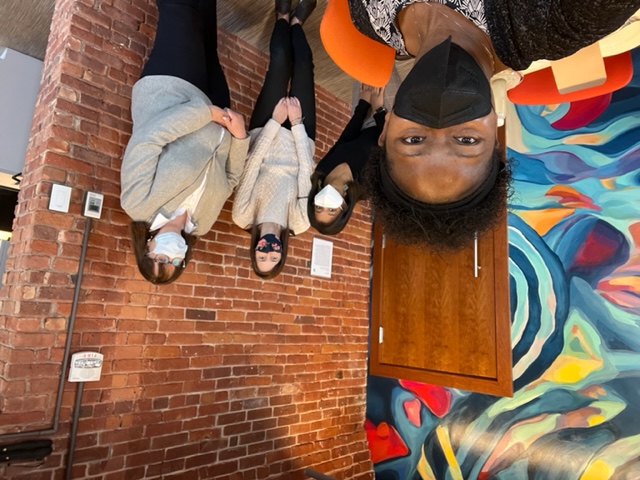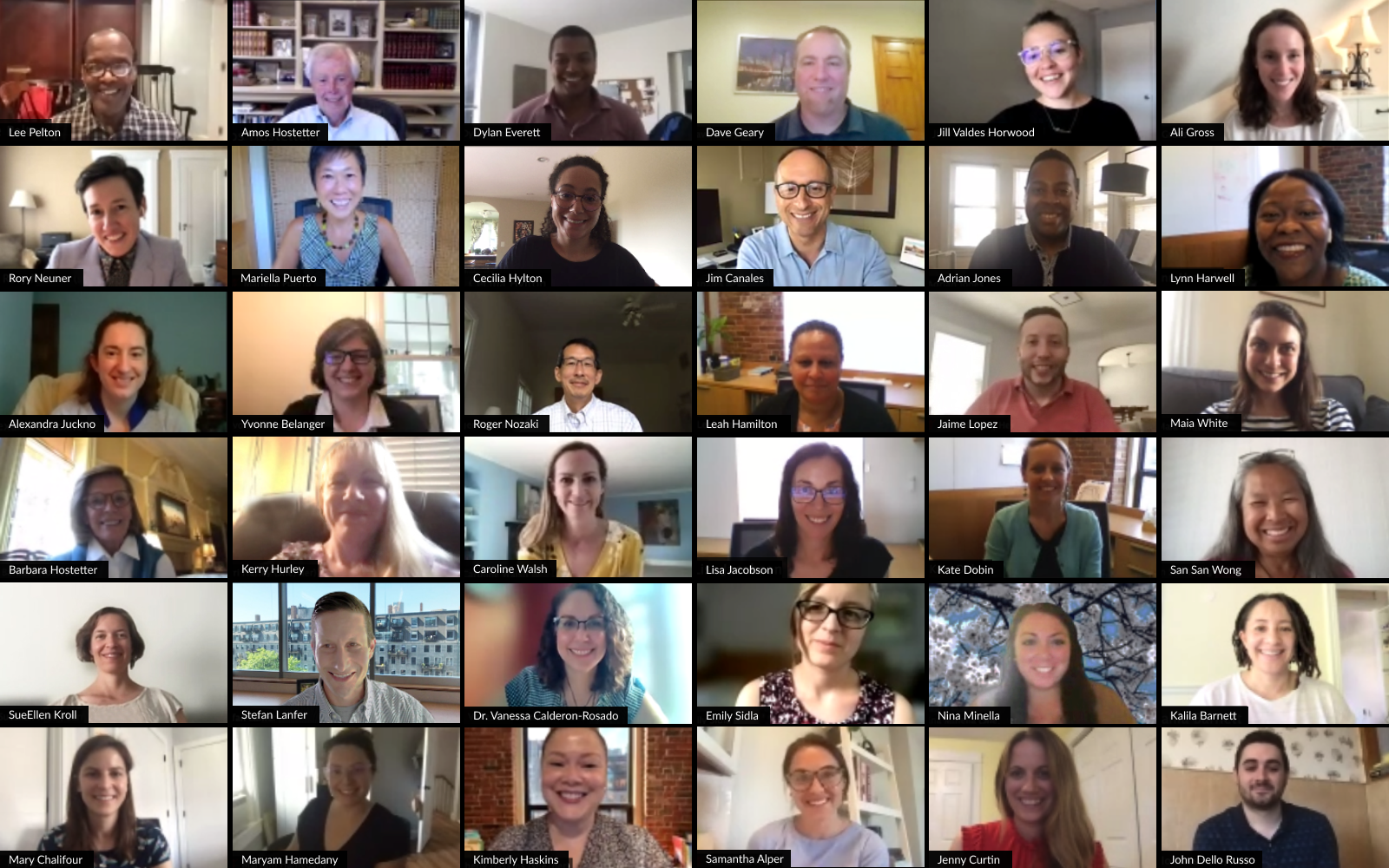Member Stories: Barr Foundation
To Light an Equity Path for Others, Barr Foundation Shines a Light Inward
Like many foundations, the Barr Foundation has been on a years-long journey to center its work to eliminate discrimination based on race. Unlike many foundations, however, it has shared not just its grantmaking changes – including a focus on local organizations serving Black communities – but also its process for shifting internal practices and culture.
Case in point: In 2021, Barr announced several changes to its employee leave policies to “underscore trust and flexibility” after a look at long-standing practices through the equity lens led to an uncomfortable realization.
“Our policies, while good-intentioned, reflected a Western, Christian, patriarchal, heteronormative society,” members of a staff-led task force wrote. “This was apparent in how our policies defined family, what holidays we celebrated, and how we differentiated maternity and paternity leave.”
New policies include an expanded definition of family and a gender-inclusive parental leave policy, more flexibility with work time, and added emphasis on mental health for sick leave use.
“One change I see is in all of the decision-making now – it goes back to the values,” said Denise Gillespie, Barr’s vice president of human resources and a member of the task force. “Being more explicit, more transparent... that has carried over from that whole process.”
That 18-month process, from research to some very difficult conversations, led to key lessons that Barr also shares with the field:
- Ensure your board reflects diversity in voices, perspectives, and life experiences.
- Don’t delegate diversity, equity, and inclusion work.
- Commit to authenticity and vulnerability as well as to engaging in challenging and uncomfortable conversations.
Along the way, Barr has built trust, said another task force member, Lynn Harwell, vice president for administration – in each other and in the institution. Seeing Foundation leaders shift their perspectives helped people feel heard, she said, and “helped shift some of the positional power that people just got accustomed to.





